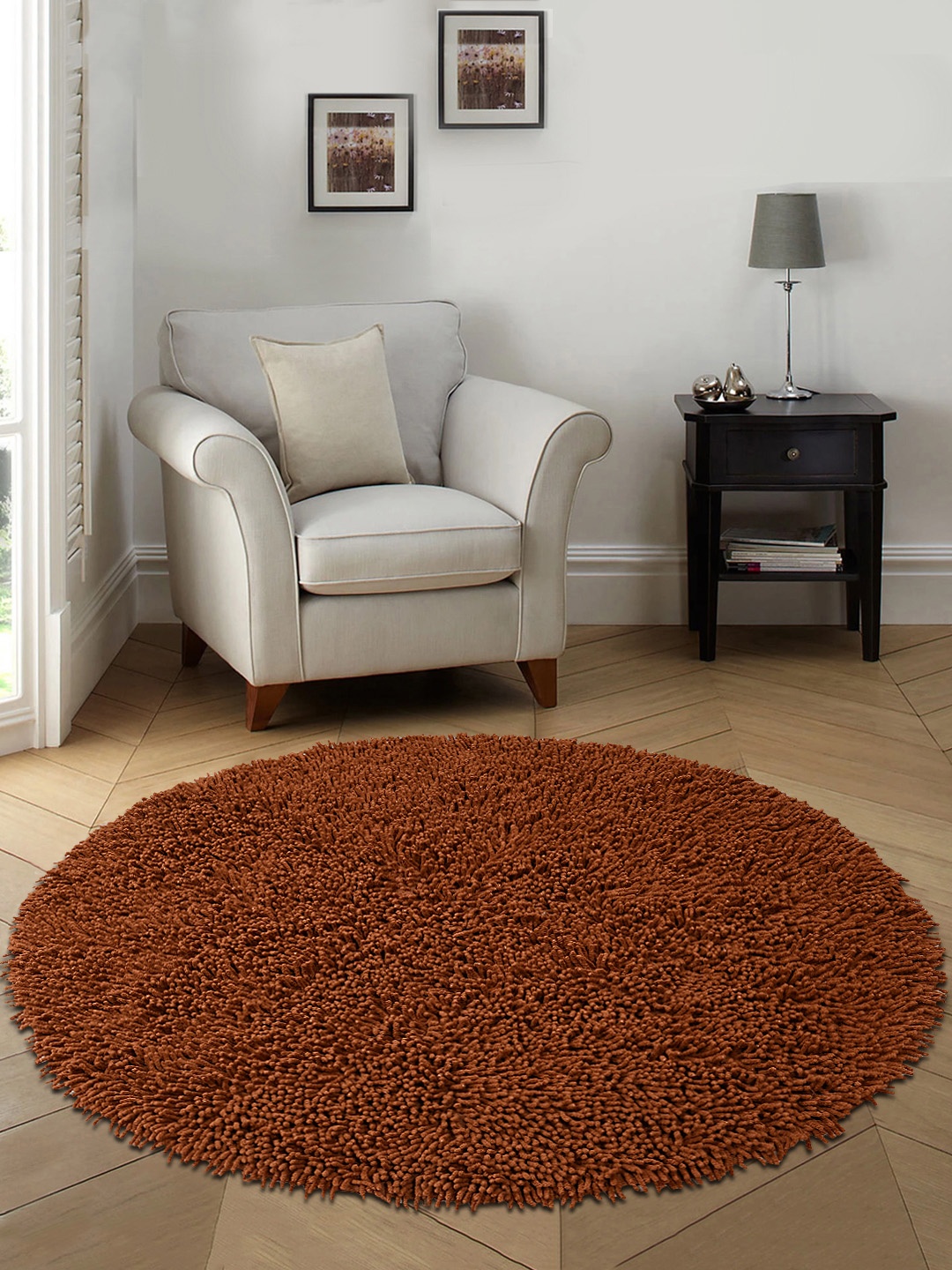Baby Carriers Vs Traditional Strollers: What More Parents Are Choosing And Why
With urban life on the fast track and parenting styles getting a fresh twist, a growing number of mums and dads are ditching bulky strollers in favour of baby carriers. Let us dive into the real-life reasons behind this heart-to-heart shift.

Comparing Baby Carriers and Strollers: Insights into Parental Decisions
Picture this: a new mum weaving through a crowded metro station during rush hour, one hand on her bag, the other pushing a stroller through a sea of feet and fluster. Now switch that image. She's got her little one snug against her chest, a baby carrier wrapped tightly around her, and both hands free to sip a cutting chai. It's not hard to guess which scenario feels more manageable.
In cities that never sleep, where roads are unpredictable and footpaths an endangered species, parenting on the go demands more than good intentions. That's where baby carriers are finding their stride. More than a mere convenience, they've become a symbol of hands-on parenting, quite literally. With emotional bonding, practicality, and cultural shifts playing their part, the rise of babywearing is no accident.
1. Freedom to Move In A Crowded World
Step into any busy market, whether it's Delhi's Sarojini or Mumbai's Dadar, and you'll understand why wheels aren't always the answer. Between potholes, narrow lanes, and human traffic, pushing a stroller feels like a task fit for a gym session. Now imagine navigating all that while your baby snoozes peacefully against your chest.
Baby carriers give a kind of superpower, the freedom to glide through life's madness with your baby safely cocooned. No struggling up stairs or apologising your way through packed lifts. It's this agility that's turning parents into babywearing converts. Whether it's boarding a local train or just walking the dog while rocking a newborn to sleep, carriers let parents blend their old life with the new.
2. The Bonding Bonus Nobody Talks About
Holding your baby close isn't just convenient, it's profoundly emotional. The warmth of skin, the rhythm of heartbeat, the gentle sway as you move, it's nature's lullaby. For many parents, baby carriers offer a return to something ancient and instinctive.
This closeness builds trust, soothes anxious little hearts, and often leads to fewer tears (from both baby and parent). There's a sense of shared calm that strollers, with their distance and rickety wheels, just can't offer. Many parents say their babies nap longer, feed more easily, and settle faster when carried. And let's be honest, there's something deeply comforting about feeling those tiny fingers clutching your kurta as you go about your day.
3. Hands-Free Parenting Is A Game Changer
Between warming milk bottles, folding laundry, replying to work emails, and attempting a half-decent meal, modern parenting is a multi-tasking marathon. Add to that a baby who needs to be held 90% of the day, and you've got yourself a recipe for backaches and burnout.
Enter baby carriers. These marvels wrap your child close while giving your arms a much-needed break. Want to stir the daal while bouncing your baby to sleep? Done. Need to answer the door while calming a fussy newborn? Possible. It's parenting with both love and logistics, neatly wrapped up in soft fabric. Plus, with ergonomic designs now tailored to support aching backs and sore shoulders, comfort is no longer a compromise.
Also Read: Why A Wrong Baby Carrier Could Be Harmful For Baby's Posture
4. Goodbye, Stroller Struggles
Ask any parent who's dragged a stroller up three flights of stairs or tried to collapse one-handed in a parking lot, and the glamour fades fast. Strollers might look sleek in ads, but they often feel like a poor fit for real-world chaos.
Public transport isn't exactly stroller-friendly, autos barely have boot space, and even malls can throw up challenges with their long lifts and escalators. Baby carriers, on the other hand, are fuss-free and fold neatly into backpacks. No assembling, no hunting for ramps, and certainly no strangers offering unsolicited advice on “how to open this thing”.
5. Dads Are Stepping In, Straps and All
There's something quite heart-melting about watching a father cradle his baby in a soft-structured carrier, confidently pacing the aisle of a supermarket, or rocking the little one to sleep at a cousin's wedding. It signals a shift, a move towards shared responsibility and deeper emotional involvement.
Carriers have made it easier (and cooler) for dads to participate. Unlike strollers, which can often feel impersonal, babywearing creates an emotional intimacy that fathers cherish. And let's not forget the compliments, nothing quite says “awesome dad” like a baby snuggled against your chest while you sip your filter coffee.
6. Modern Designs That Win Hearts
Gone are the days when baby carriers looked like glorified backpacks. Today's versions are as stylish as they are functional. From elegant wraps in earthy tones to structured carriers in breathable fabrics, there's something for every taste.
Brands are also increasingly offering carriers suited to local climates, think lightweight, sweat-resistant fabrics for those balmy Chennai afternoons or snug fleece-lined options for hill station winters. Many even come with pockets for mobiles, pacifiers, and wet wipes, basically a mini nursery on the go. A stroller may be a status symbol for some, but a well-chosen carrier? That's pure parenting swag.
7. Budget-Friendly and Worth Every Rupee
Strollers can be a significant investment, with high-end models crossing ₹30,000 or more. Add in accessories, maintenance, and replacement parts, and the cost quietly snowballs. Baby carriers, in comparison, are more affordable and often last longer.
A good carrier costs anywhere between ₹2,000 to ₹8,000, a modest price for the comfort, mobility, and bonding it offers. Many carriers are adjustable and grow with your baby, offering months (even years) of use. For new parents managing tight budgets without compromising on quality, carriers are proving to be a smarter, pocket-friendly alternative.
8. Perfect for Breastfeeding On the Go
Let's face it, public breastfeeding still comes with its share of awkward stares and lack of privacy. Baby carriers have quietly become a lifeline for mothers who need to nurse on the move, without fumbling for a feeding room or shawl.
Many carriers, especially wraps and ring slings, allow discreet feeding while the baby stays snuggled in. No need to pause your shopping trip or dinner conversation. It's liberation, comfort, and privacy, all woven into one. And for babies, the immediate access to milk and mum's heartbeat brings unmatched reassurance.
Why Parents In India Are Switching From Strollers To Baby Carriers For Daily Life; Photo Credit: Pexels
9. A Nod to Our Cultural Roots
Before imported strollers rolled into nurseries, babywearing was part of daily life. Grandmothers slung babies across their backs in old dupattas, mothers balanced infants on their hips while kneading dough, and siblings rocked toddlers in makeshift cloth cradles.
Today's baby carriers are simply a modern ode to those traditions, safer, ergonomic, and a lot more colourful. The idea of holding your baby close while moving through life isn't new. It's just evolved, blending heritage with convenience. In a world where technology often replaces touch, carriers are bringing back the magic of skin-to-skin connection.
10. A Lifestyle Shift That's Here to Stay
This isn't just a trend. It's a lifestyle shift fuelled by awareness, accessibility, and evolving parenting philosophies. More families are recognising that raising children doesn't have to mean putting personal freedom on pause.
Baby carriers offer a balanced approach, nurturing without losing your rhythm. Whether it's working from home, attending weddings, or taking evening strolls in the colony park, babywearing blends seamlessly into everyday life. It empowers parents to be hands-on without being tied down, and that's a shift worth celebrating.
Products Related To This Article
1. Polka Tots 6 in 1 Baby Carrier with Detachable Hip Seat
2. BabyGo Kids 4-in-1 Adjustable Baby Carrier Cum Kangaroo Bag
3. R for Rabbit Upsy Daisy Ergo Baby Carrier for Newborn
4. Cherilo Hip Seat Baby Carrier with 4 Carry Positions
5. LuvLap Comfy Plus Newborn Baby Carrier with Hip Seat
6. Infantino Flip 4-in-1 Convertible Carrier with Adjustable Ergonomic seat,
7. MEDITIVE Baby Carrier with Detachable Hip Seat
As parenting journeys become more dynamic, personalised, and mobile, it's no surprise that baby carriers are stepping into the spotlight. They offer a rare mix of tradition, technology, and tender care, all strapped together in a snug bundle of comfort. In a country where every step outside the home feels like an obstacle course, anything that brings babies closer and parents some peace is bound to win hearts. From crowded streets to quiet corners, babywearing isn't just a practical choice; it's a heartfelt one. And by the looks of it, this hug-in-motion is here to stay. Shop Now On Amazon.
Disclaimer: The images used in this article are for illustration purposes only. They may not be an exact representation of the products, categories, and brands listed in this article.
















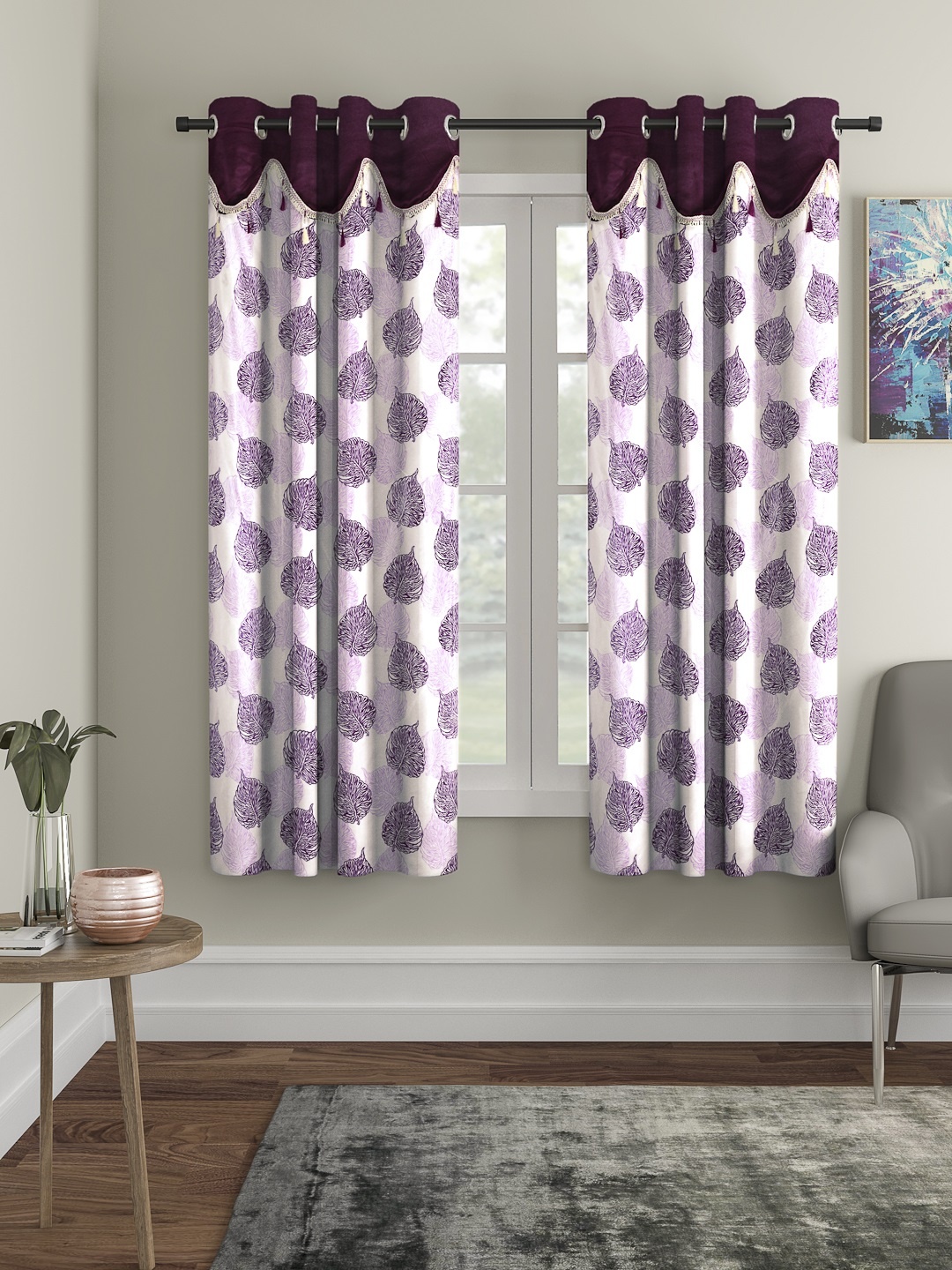


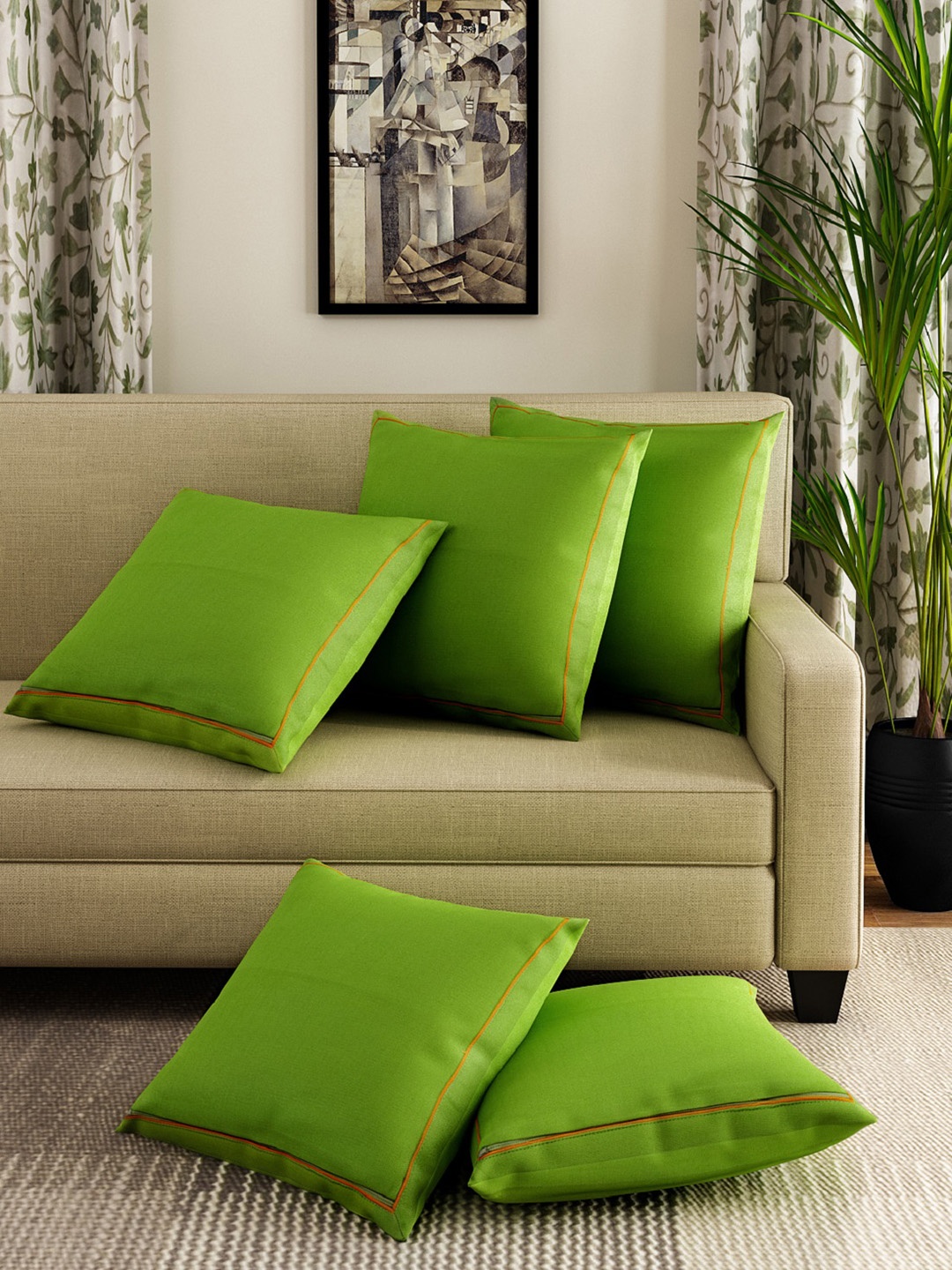

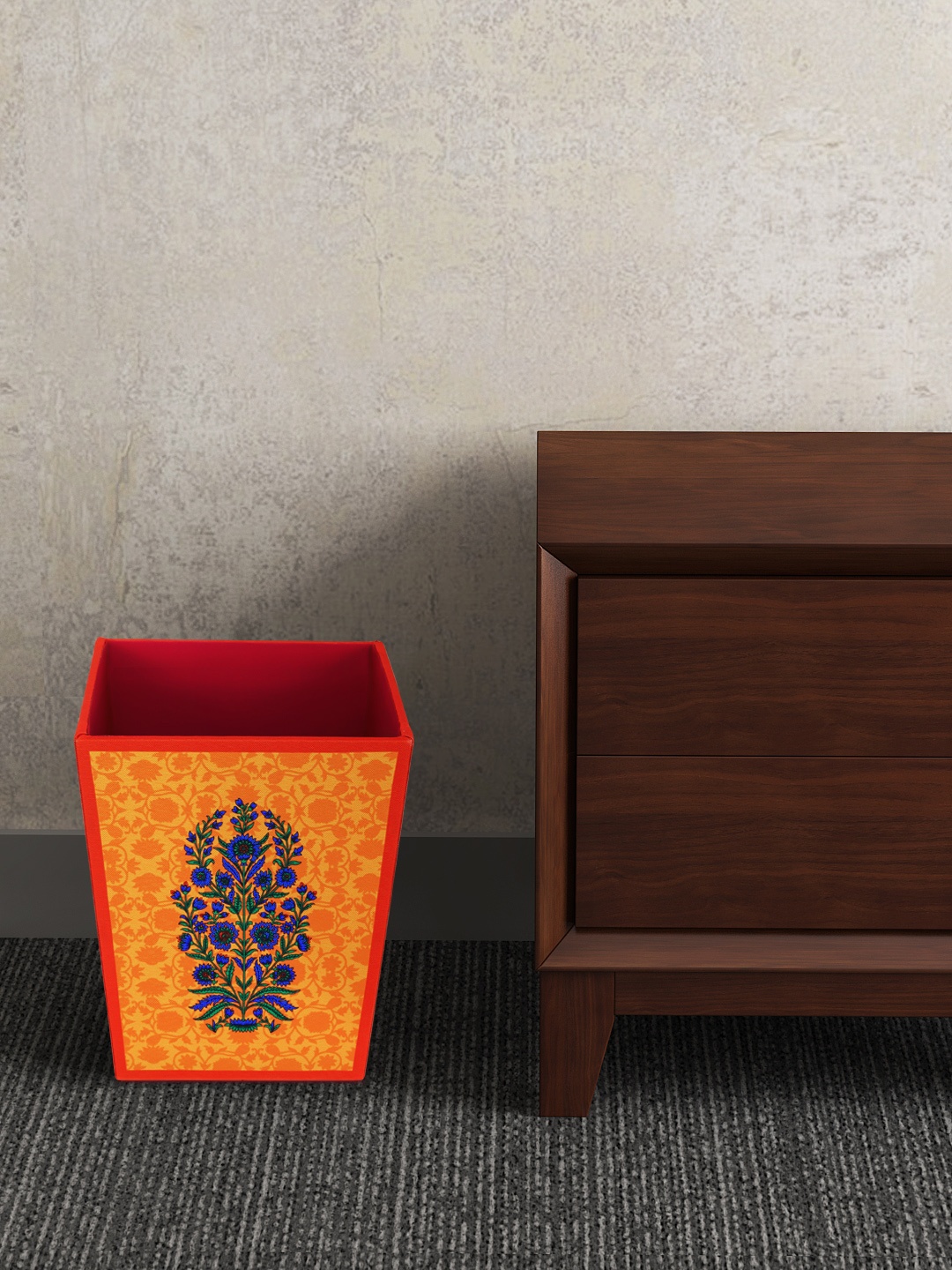
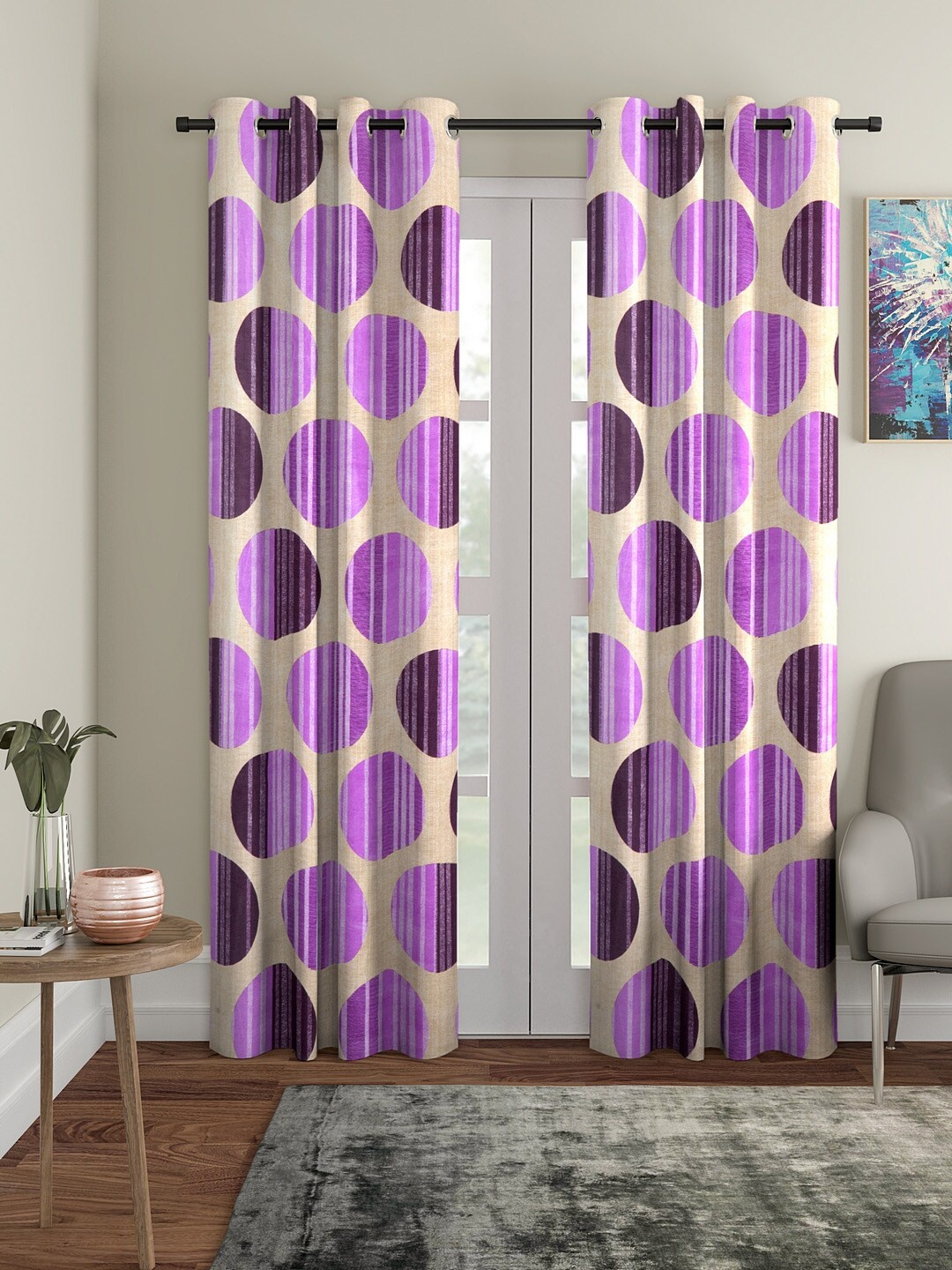
![Steam Iron Teflon Shoe Cover for ES-300,ST-96 [Only For ES-300 and ST-96 Model Electric Steam Irons]](https://m.media-amazon.com/images/I/51wwkttondL._SL160_.jpg)
